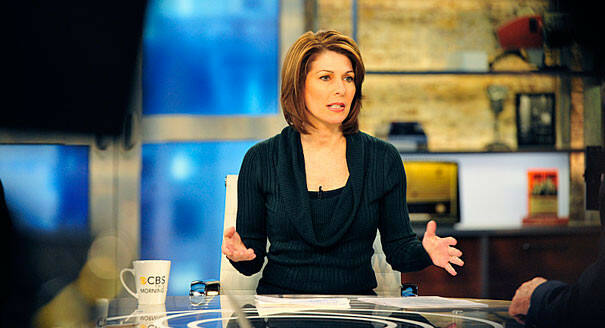The rise of media fact-checkers has raised the question of just who is checking the fact-checkers.
“Nearly every mode of information has been co-opted, if it can be co-opted by some group, and fact-checkers are no different,” award-winning journalist Sharyl Attkisson said in a recent interview. “Either they’ve been co-opted, in many instances, or created for the purpose of distributing narratives and propaganda. This is all part of a very well-funded, well-organized landscape that dictates and slants the information they want us to have.”
Attkisson said she first started to notice news being controlled in the early 2000s when the media company she was working for was actively trying to suppress certain stories.
“The pushback came to be more about keeping a story from airing or keeping a study from being reported on the news, not just giving the other side, not just making sure it was accurately reported,” she said of pharmaceutical company stories she was covering at the time.
In 2016 Attkisson heard former President Barack Obama say news needed to be curated, after which mainstream media outlets started to consistently use the term fake news to describe mostly conservative news stories that they deemed untrue.
“And I remember thinking that was such a strange thing to say, because there was no big movement among the public that people needed to have their information curated, that someone needed to step in and tell us what to think, curate what was online,” Attkisson said. “But after that, if you look at the media, day after day, there were headlines about fake news and curation of what should and shouldn’t be reported.”
Attkisson criticized large news outlets for being a “mouthpiece” of the government or other special interest groups instead of challenging them or holding them accountable, particularly as it relates to the pandemic. She said that soon after the pandemic began, she spoke to many scientists, government as well as private, about the virus and the course it was taking before she formed an opinion. She asked some of the scientists to speak out but they were afraid.
“They said they dare not speak out for fear of being controversial and for fear of being called coronavirus deniers, because that phrase was starting to be used in the media,” Attkisson said. “And secondly, they feared contradicting Dr. Fauci, who they said had been kind of lionized or canonized in the press for reasons that they couldn’t understand.”
–Alan Goforth | Metro Voice








